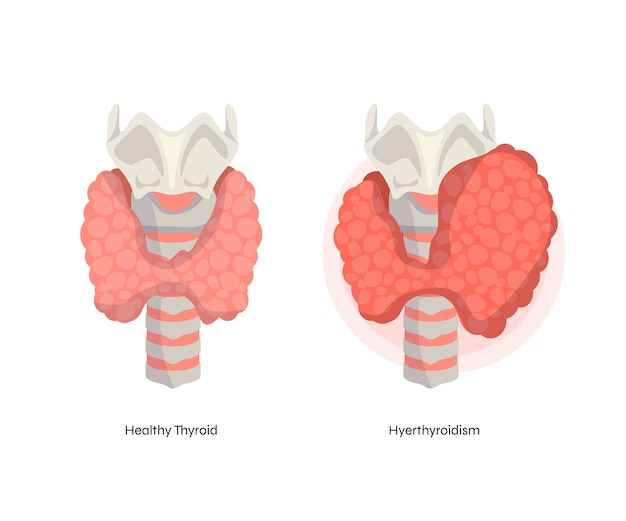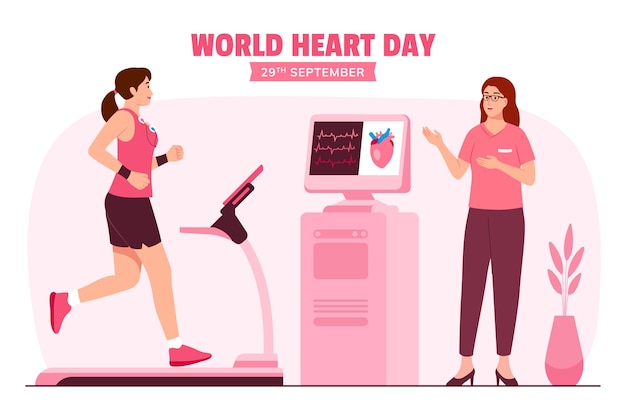Discover how regular cycling can support thyroid function, improve metabolism, and enhance overall well-being—backed by science and easy to integrate into daily life.
The thyroid gland plays a crucial role in regulating metabolism, energy levels, body temperature, and hormone balance. When thyroid function is compromised—whether due to hypothyroidism, Hashimoto’s, or other conditions—symptoms like fatigue, weight gain, and low mood can follow. While medication and diet are foundational, physical activity, especially aerobic exercise like cycling, offers meaningful support.
Cycling is a low-impact, accessible form of cardiovascular exercise that helps regulate hormones, reduce inflammation, and improve insulin sensitivity—all of which are linked to better thyroid health. Studies suggest that moderate aerobic activity can enhance the conversion of inactive thyroid hormone (T4) to its active form (T3), supporting metabolic efficiency.

You don’t need to train for hours to benefit. Just 20–30 minutes of cycling most days can make a difference. Here are three simple, science-informed routines:
Best done in the morning to kickstart metabolism and cortisol rhythm, supporting thyroid hormone regulation.
Enjoy a longer, relaxed ride outdoors. Exposure to natural light helps regulate circadian rhythms, which influence thyroid and adrenal function. Aim for green spaces to reduce stress and inflammation.
A gentle spin after work helps lower stress hormones like cortisol. High cortisol over time can suppress thyroid function, so calming exercise supports hormonal balance.
Pairing cycling with supportive habits maximizes results. Consider these evidence-based additions:
Thyroid function relies on proper hydration and mineral balance. After cycling, replenish with water and a pinch of sea salt or an electrolyte mix to support cellular metabolism.
Poor sleep disrupts TSH (thyroid-stimulating hormone) levels. Aim for 7–9 hours nightly. Cycling during the day can improve sleep quality by regulating circadian rhythms.
Chronic stress impairs thyroid signaling. Combine cycling with mindfulness—focus on breath and surroundings—to reduce cortisol and support hormonal harmony.
While not a substitute for medical care, a diet rich in selenium (Brazil nuts, fish), zinc (pumpkin seeds, legumes), and iodine (sea vegetables, iodized salt) supports hormone production. Pair post-ride snacks with protein and healthy fats for stable energy.

Research shows that regular aerobic exercise:
However, balance is key. Overtraining can stress the body and negatively affect the thyroid-adrenal axis. Stick to moderate, consistent effort—especially if you're managing fatigue or autoimmune conditions.

Cycling is more than just a workout—it’s a holistic tool for supporting thyroid health. With short, sustainable routines and complementary daily habits, you can boost metabolism, reduce stress, and enhance hormonal balance. The key is consistency, moderation, and listening to your body. Start pedaling today for a healthier tomorrow.

Wellness

Wellness

Wellness

Wellness

Wellness

Wellness

Wellness

Wellness

Wellness

Fitness

Wellness

Health

Health

Fitness

Health

Health